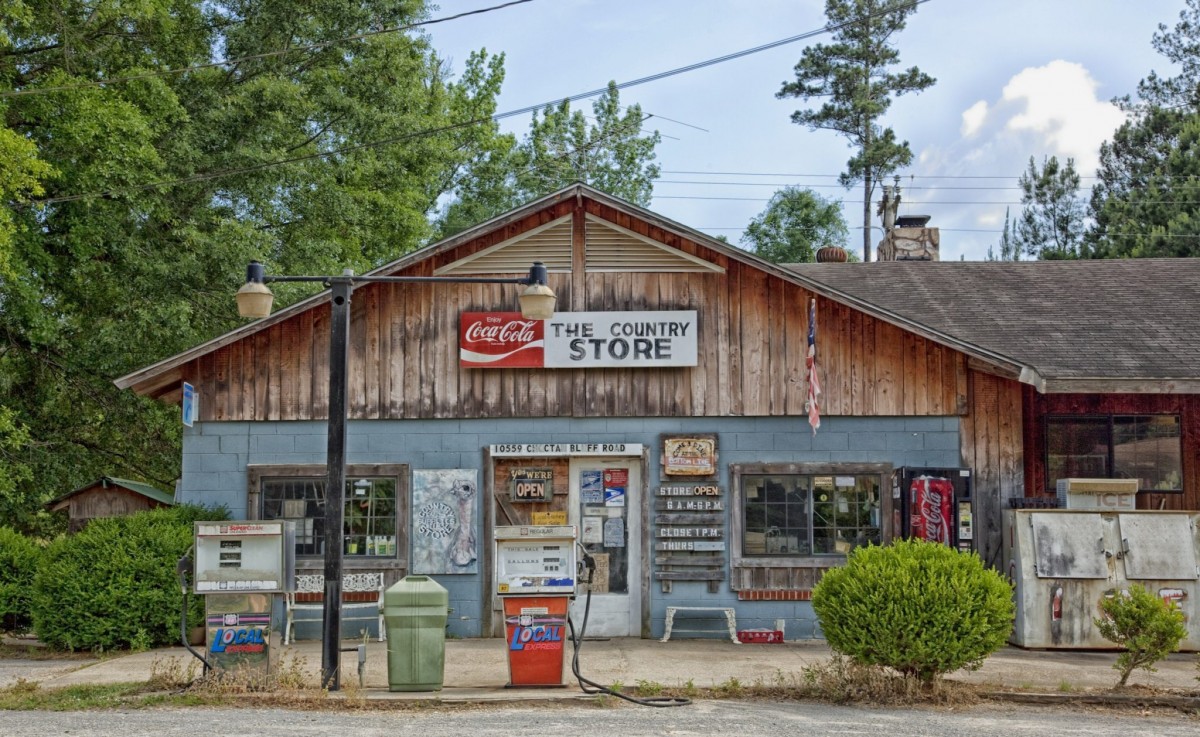Opioid-related overdose deaths have doubled in recent years in West Virginia, according to the West Virginia Department of Health and Human Resources.
The latest data from DHHR shows that in 2017, there were 875 opioid-related overdose deaths in West Virginia. While in 2012, there were 473.
Anytime someone dies of a suspected overdose in West Virginia, an autopsy is required, and these are performed in Charleston by a state medical examiner, also called a forensic pathologist.
“The impact of the substance use epidemic has really been on the caseload,” Dr. Catherine Slemp said. Slemp is the state health officer and Commissioner for the West Virginia DHHR’s Bureau for Public Health.
“It really has changed operations in terms of the number of cases that our forensic pathologists are handling and the staff that are part of that,” she said. “We are doing autopsies sometimes six to seven days a week.”
In 2012, there were more than 4,000 autopsies done in West Virginia, but compared to last year’s cases, that number has almost doubled. Slemp said 70 percent of all autopsies performed by a forensic pathologist are substance use related. That could be drugs or alcohol.
There are only three full-time forensic pathologists in West Virginia and five vacancies.
In an effort to fill those positions, the West Virginia Legislature recently approved an increase in the wages for forensic pathologists from $180,000 a year to $255,000 a year. That change went into effect on July 1, 2019.
But even with a higher salary, it’s not easy to recruit qualified candidates.
“This is an area that there’s only about 20, 25 individuals that come out of training every year,” Slemp explained. “And yet, there are probably 40 or 50 vacancies at any one time.”
Slemp said that’s because forensic pathologists have to go through medical school and do a residency in pathology. They must also take part in an ongoing fellowship in that field. It’s about 16 years of training.
“They’re very special and unique individuals,” Matthew Izzo, Director of the West Virginia Office of the Chief Medical Examiner said. “They have a passion for what they do. They believe in what they do.”
Izzo’s office is the same office that houses the state’s forensic pathologists.
In addition to an ever-increasing workload, both Izzo and Slemp claim about 30 to 40 percent of working forensic pathologists in the United States today are nearing retirement age.
Transporting the Dead in Jefferson County
When someone passes away unexpectedly, we don’t often realize the chain of events that happen behind the scenes to safely transport the bodies. Add the increase in premature deaths from the opioid epidemic to this, and it gets more complicated.
About five or six years ago, Jefferson County emergency officials noticed an uptick in call volume for deceased persons, and it was an adjustment period for officials as they learned to navigate the issue in a new way.
Inside the garage of Eackles-Spencer & Norton Funeral Home in Harpers Ferry, Jefferson County, there’s a space where both Jefferson County emergency officials and the local, county medical examiner can temporarily store a body until certain decisions are made in Charleston.
“What we’ve tried to do is make a place, provide a place, for the staging area and the stopping point in between,” Alan Norton, co-owner at Eackles-Spencer & Norton Funeral Home said.
Jefferson County is so small that it doesn’t have a county morgue, and about five or six years ago, that became a problem as local officials began to see an increase in calls for deceased persons while, at the same time, they were struggling with staff shortages, and they lost the location the dead would normally be taken – the local hospital.
“So, we contacted the state medical examiner and said, we now no longer have a place to take these folks,” Bob Burner, Operations Commander for the Jefferson County Emergency Services Agency said. “And this really isn’t an [Emergency Medical Services] thing anyway. Once a person is deceased, there’s nothing in our skill set to help them. It’s a medical examiner, health department kind of an issue.”
For a long time, when someone died in Jefferson County unexpectedly, and had no prior death arrangements, people like Burner would come to the scene, attempt to save the person, and if the person was truly dead, a local medical examiner would be called, and the body would be transported via ambulance to the local hospital’s morgue until certain decisions were made.
But as more calls started coming in, the local hospital said they could no longer transport or provide space for the bodies, due to limited room and safety concerns.
For instance, it takes a long time to disinfect an ambulance after transporting a dead person – one to two hours, at least. And that can tie up calls where that ambulance is needed to serve the living.
“It’s not really appropriate to transport deceased folks who may have unknown pathologies in an ambulance where 20 minutes later, you’ll be transporting a newborn or an elderly person with a compromised immune system,” Burner said.
The hospital’s decision to pull back put Burner’s agency in a real bind, but he said he understood the reasoning.
So, Norton’s funeral home, the Jefferson County Emergency Services Agency and the local medical examiner formed a unique partnership to address the uptick in call volume and provide transport for the deceased.
“They can come on into our building, use our prep room, and we made a place for them to put their cooler,” Norton explained. “[This way] we can give them the space and the access and electricity, so that Jefferson County can have a staging area, and/or morgue in transit, while these bodies are getting to where they need to be.”
And the funeral home provides this service for free.
The Jefferson County Commission also joined this partnership and provided Burner and his agency $20,000 to purchase a van to transport a body to the funeral home. JCESA said, on average, they transport about 20 non-substance use related bodies in their van every year. These are folks who will not require an autopsy.
But if it’s a case that necessitates an autopsy, such as death by an overdose or foul play, Burner’s team worked with the state medical examiner’s office in Charleston, and the local ME, to contract a local fire department to transport the dead, first to Norton’s funeral home, and then to Charleston for a full autopsy.
It’s a lot of moving pieces.
And it’s usually a slow process that can take several hours from first arriving on scene, determining whether it’s a medical examiner case, and then transporting the body.
While Burner and other Jefferson County officials may have figured out a working system to transport the deceased, they hope the West Virginia Legislature looks at the issue and drafts legislation to clearly define what entity should be responsible for transporting the dead.
What’s the Cause?
Jefferson County officials agree, the opioid epidemic has played a role in the uptick in dead bodies, but they also say, population growth in the Eastern Panhandle region has likely contributed to it, too.
In fact, together, Berkeley, Jefferson, and Morgan Counties saw a nearly 20 percent population boom in the region between 2010 and 2018, according to the U.S. Census Bureau.
W.Va. DHHR’s data on opioid-related deaths in Jefferson County in recent years has fluctuated, but overall, has increased since 2012.
DHHR reported that in 2017, there were 27 opioid-related overdose deaths in Jefferson, 89 in Berkeley, and 10 in Morgan.
The counties with the most opioid-related overdose deaths in 2017 were Cabell County with 184 deaths and Kanawha County with 117.
This article was originally published by West Virginia Public Broadcasting.



